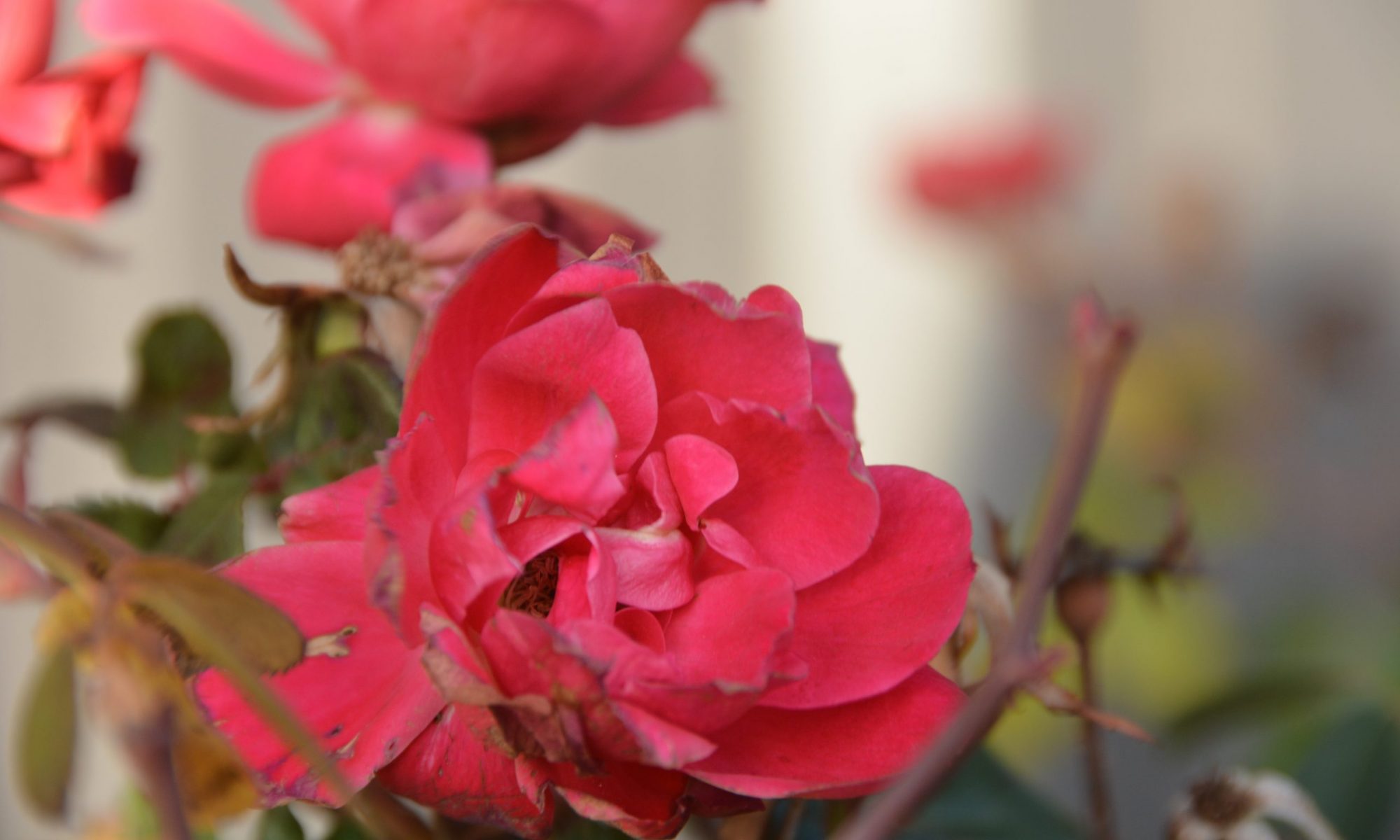Our interactions with one other are guided by presuppositions, formulated by the experiences and prior learnings of the parties involved. This adds a level of challenge to communications, only partially helped by non-verbal clues. A micro expression here an eyebrow movement there, unnoticed by the more cerebral processes of the observer but recorded by the precognitive and communicated internally.
But to truly understand what someone is attempting to convey often requires deeper knowledge about the other person. This is why developing relationship is so important in the quest for civil discourse. Too often we hear or read something, apply our own presuppositions, and proclaim judgment without seeking to understand what is really being said.
“I am so glad that the whole video was made public and has been viewed by so many people”
The reference was to the video of the horrid taking of a life by an authority whose mission is supposed to be to protect and serve. The speaker was someone with very different experiences dealing such authorities than the listener.
The listener has a choice. Focus on the statement and spin into a fact-finding mission to uncover the sordid details leading up to brutal event. Or, see the pain of the past, mixed with the relief of the possibility that maybe now that pain will finally be believed.
In this case, the listener knew the speaker and was heartbroken for having not seen the pain before. The speaker wasn’t asking for favors, platitudes, or special treatment, simply to be believed.
